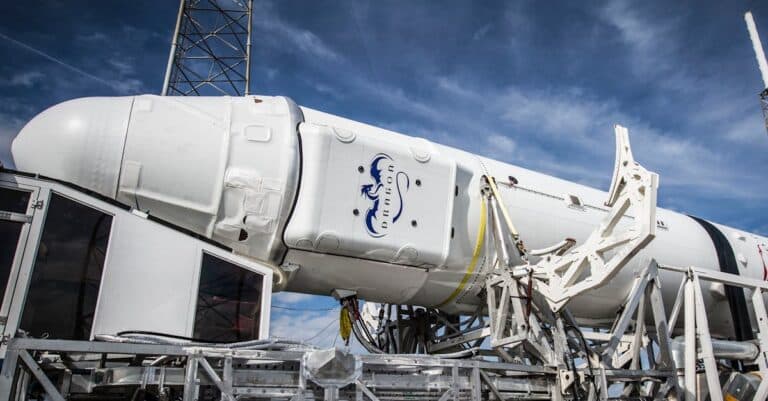THE GLONASS system, acronym for Global Navigation Satellite System, is the satellite geo-positioning system developed by Russia. Operating in parallel with the famous GPS American, GLONASS constitutes a fundamental element of modern navigation. By offering precision varying between 5 and 8 meters, it allows millions of users, ranging from truckers to outdoor enthusiasts, to move with confidence and efficiency. Thanks to its constellation of satellites, this system of navigation satellite not only improves location performance, but also plays a key role in diverse areas such as maritime security, aviation and even precision agriculture.

The GLONASS system, acronym for Global Navigation Satellite System, is the satellite navigation system developed by Russia. Operating similarly to American GPS, GLONASS is a fundamental part of our modern navigation infrastructure. Through the combination of various positioning systems, GLONASS ensures increased accuracy and reliability, particularly in remote and difficult-to-access areas.
Table des matières
ToggleWhat is GLONASS?
GLONASS is a system of satellite geopositioning designed to provide position, navigation and time synchronization information. Composed of several satellites in orbit, this system allows a receiver to determine its position with an accuracy generally varying between 5 to 8 meters, depending on the number of visible satellites. As a competitor to GPS, GLONASS is unique to Russia and was originally developed for military applications before becoming widely available to the general public.
How GLONASS works
The operating principle of GLONASS is based on the transmission of signals by a constellation of satellites. When a receiver picks up these signals, it estimates the time it takes for the signals to reach the device. Using this information and taking into account the speed of light, the receiver can calculate its distance to each satellite. By cross-referencing the distances measured from several satellites, the receiver can determine precise geographic coordinates.
Importance of GLONASS in modern navigation
With the advent of digital technology and our connected devices, the need for precise navigation has become crucial. GLONASS, as a system of satellite navigation, is an integral part of various devices, ranging from smartphones to autonomous vehicles. By complementing the data provided by GPS, it plays a key role in improving the robustness and reliability of navigation systems, especially in dense urban environments or isolated regions where satellite reception is often limited.
Comparison with other positioning systems
To better understand the importance of GLONASS, it is useful to put it in perspective compared to other navigation systems, such as GPS And Galileo. Each system has its own advantages; for example, while GPS can provide high accuracy in many regions, GLONASS is particularly effective at high latitudes, making it valuable for the Nordic countries. Additionally, the combined use of GLONASS and GPS, or even other systems like Beidou, significantly increases the accuracy and reliability of navigation services.
Challenges and the future of GLONASS
Although GLONASS is an essential tool for modern navigation, it faces challenges, including the need to maintain and update the satellite constellation to maintain its performance. As technology evolves and accuracy requirements increase, GLONASS must adapt to remain a key player in satellite navigation. The development of hybrid navigation systems and advanced reception technologies will be essential to ensure an optimal navigation experience for users around the world.
























